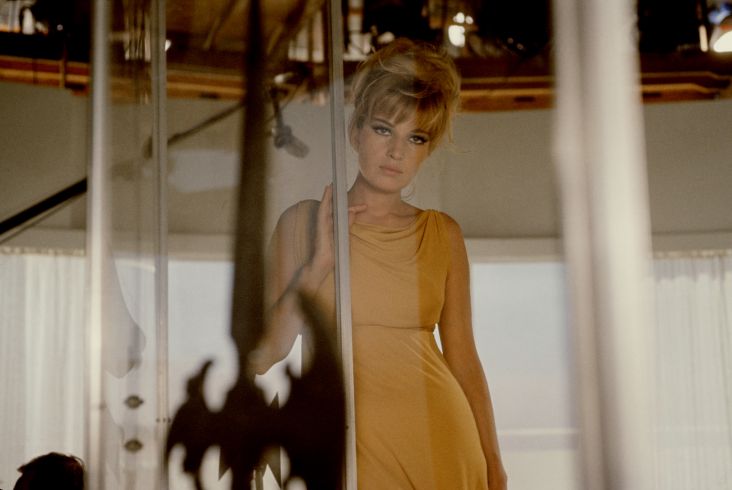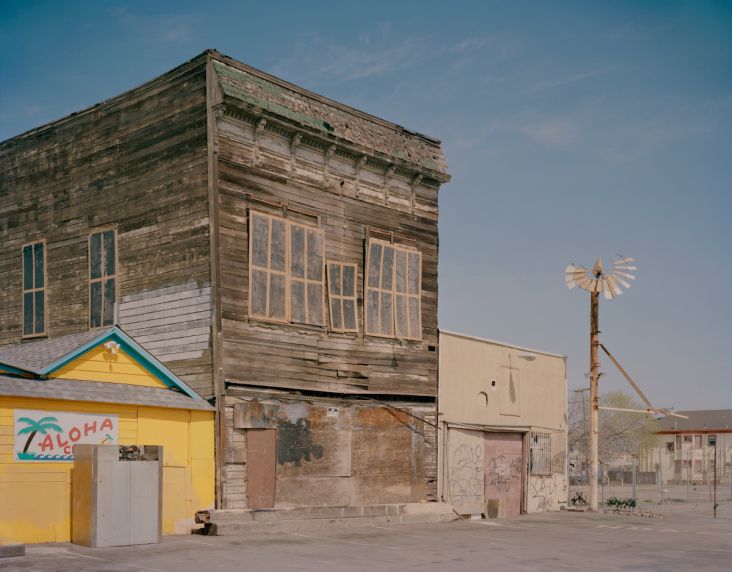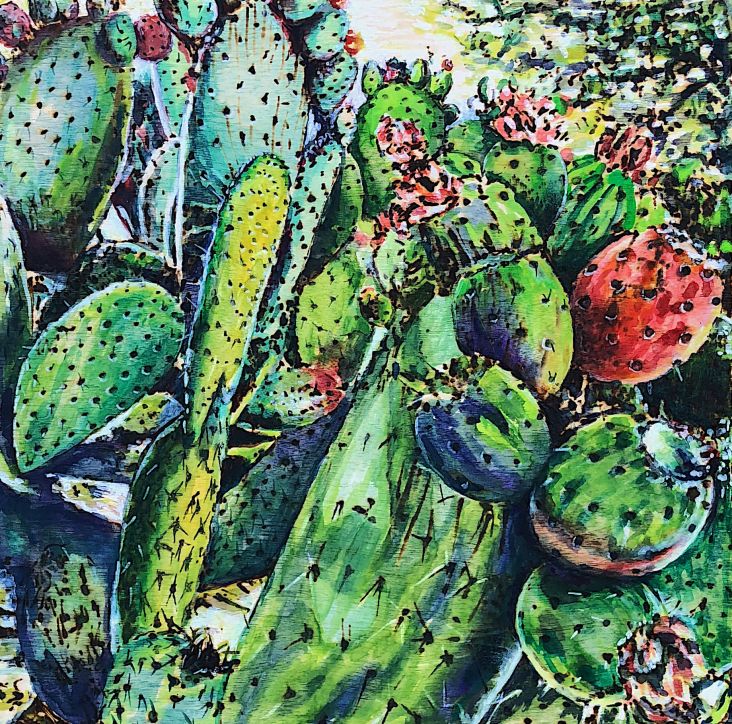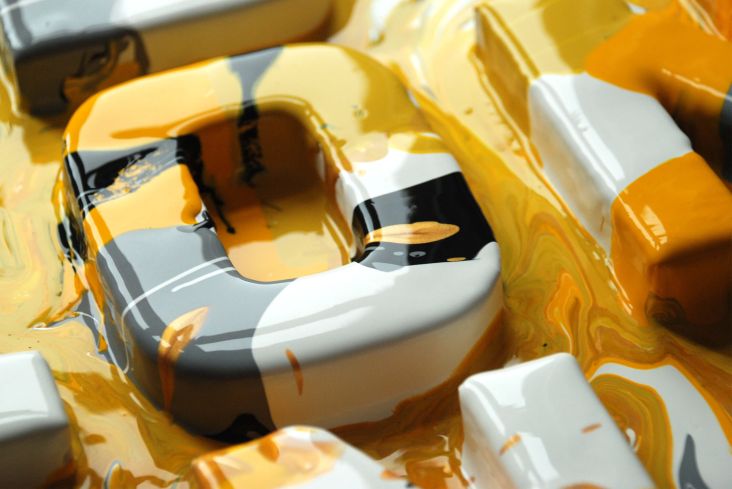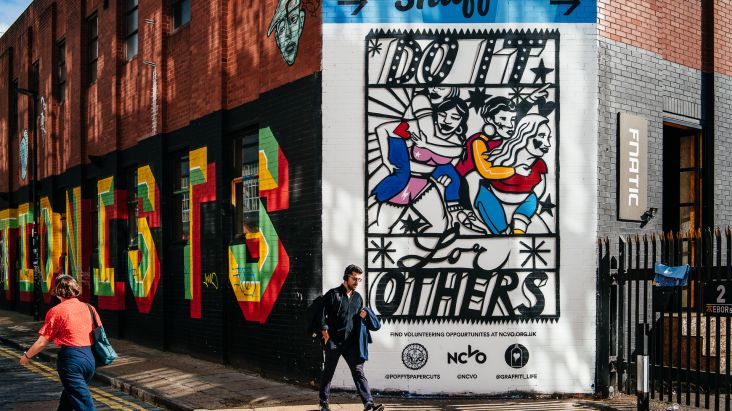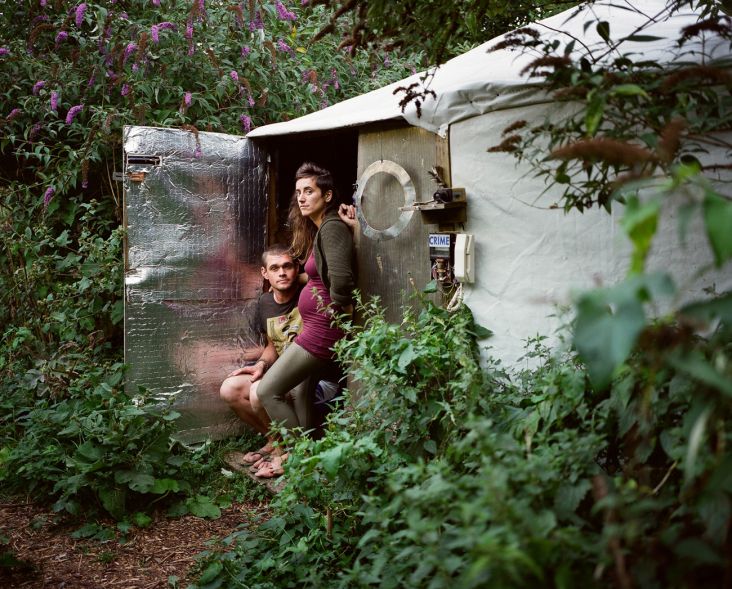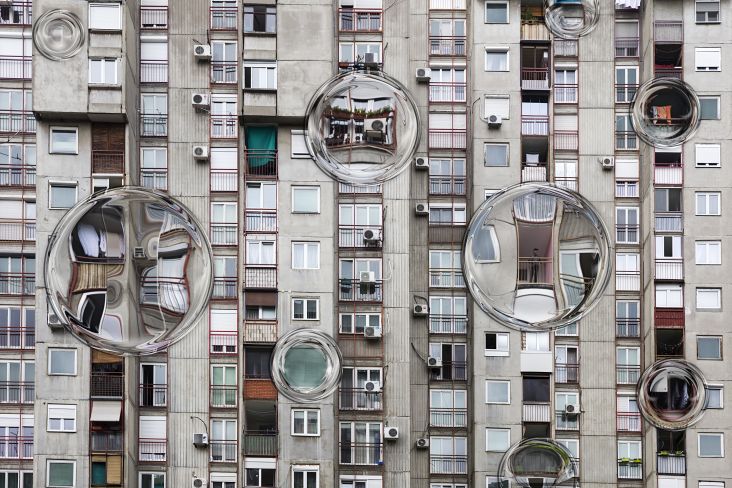Photographer Holly Booth on finding a niche, appreciating mistakes and not being afraid to take risks
I first met photographer Holly Booth around eight years ago when she wrote for Creative Boom. She had just graduated in Commercial Photography and had launched her own photography business in Derby, working for several local and regional clients.
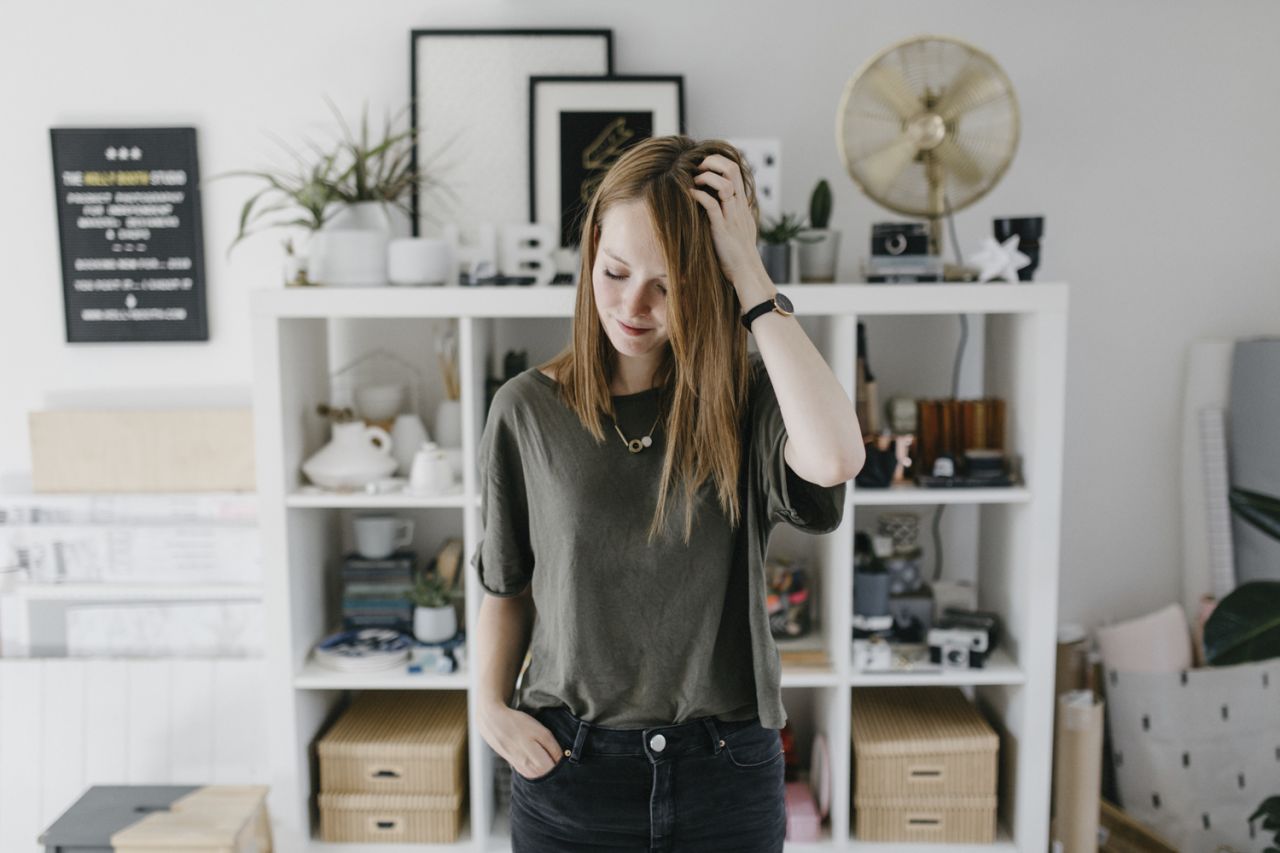
Since then, her studio has specialised in styled product and lifestyle photography for independent makers, designers, crafters, and shops – a niche that only reflects Holly's passion for creativity and supporting others.
After nearly a decade of running her own business, we were keen to catch up with Holly and find out what she's been up to and whether she can share her journey so far, perhaps to give us a little insight into the highs and lows of working for yourself.
So you began your business in 2010. What have been the most significant challenges since then?
When I first started, I took on any photography jobs that came my way. It was all so new to me, and I had rent to pay, so I felt like I couldn't be picky. While I don't regret going through that stage, it made it challenging to identify my ideal client, because initially, it was anyone who'd pay me. Work was sporadic, and I ended up doing jobs I didn't enjoy, so I soon felt quite disheartened.
As soon as I found my niche – product photography – it made a real difference to my outlook, my performance, and my client base. Overcoming that anxiety about specialising in one area was a big challenge for me, but I'm so glad I made that decision. My business has gone from strength to strength ever since.
Were there any other obstacles that you've overcome?
The issue of studio space has been a bit of a challenge for me over the years. Part of this is the extra outgoing cost – it felt like a big risk to take. Initially, I worked in hired spaces or client's studios. Still, I started renting my studio with a good friend, Ewan, after I started doing more product photography and needed a permanent base.
When things got hectic, I began to get booked up further in advance (taking over the studio in the process, sorry Ewan!), so I decided to rent a studio by myself. This felt scary at the time, but it was one of the best decisions I've made. I loved that studio – it was above an independent shop run by one of my closest friends, and it worked brilliantly. Sadly, after a couple of years, the shop had to close. That's when I decided to set up a studio at home. It's probably not going to be forever, but right now, it suits me perfectly.
As a business owner, I think you have to be prepared to go through different periods and face different challenges. I believe everything happens for a reason, and although things can seem difficult at the time, I often look back and realise why I had to go through those things to get to where I am now.
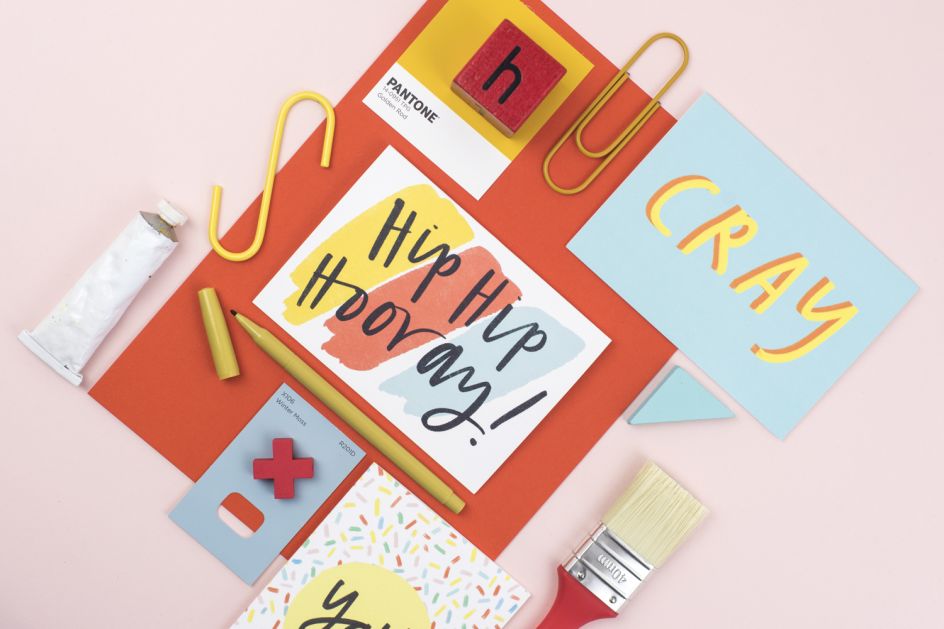
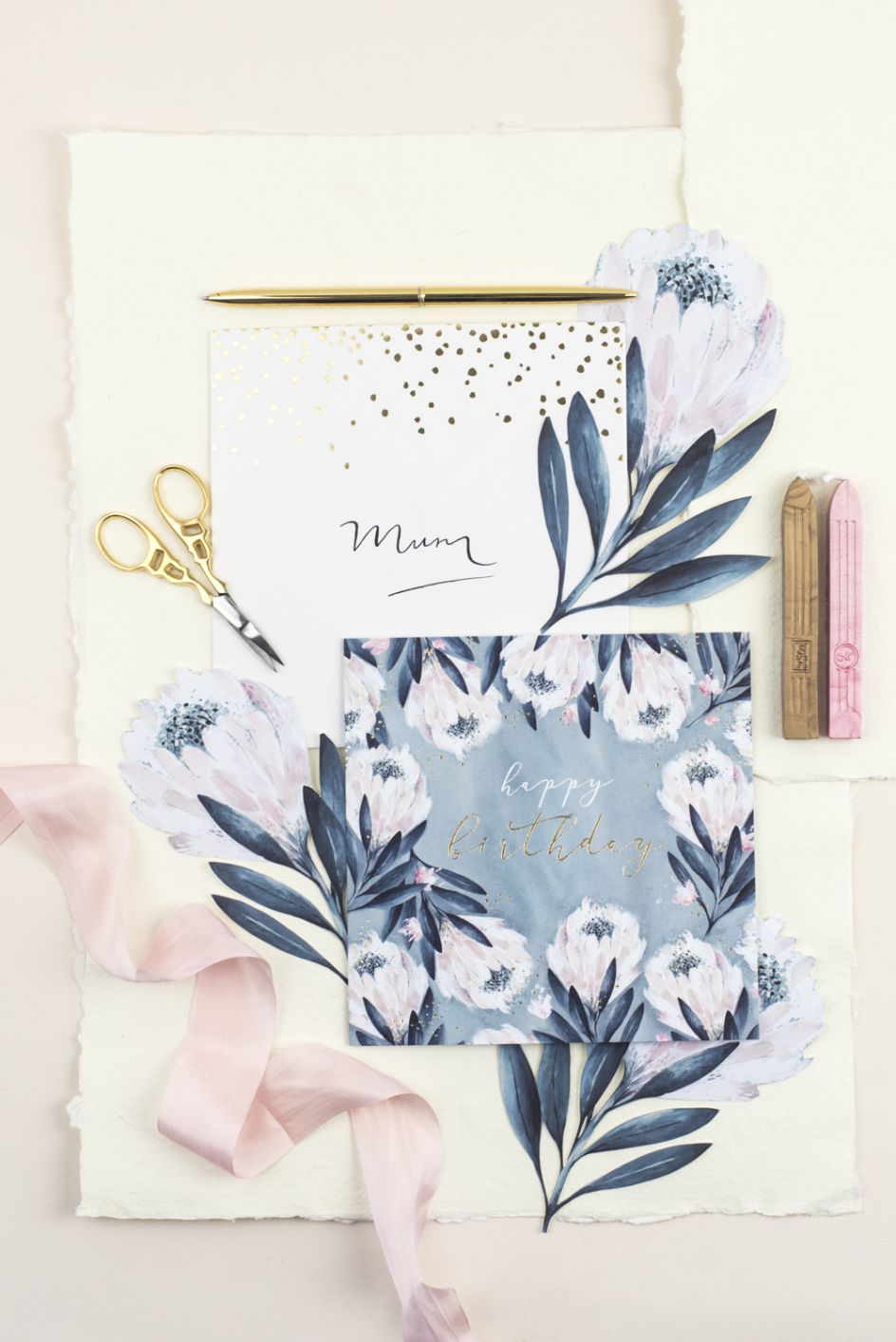
How do you think freelancing has changed over the last eight years, for better and for worse?
Social media has been one of the biggest changes for me. When I was starting, there was no Instagram, and Twitter was only getting off the ground. I knew I needed to utilise social media to promote my work, but I had no idea what a massive impact it would have!
Although it sometimes feels like social media has taken over – and you could easily spend all of your time on it – in moderation, it is a great business tool.
There are also more people working in the same field now. Or maybe I'm just more aware of it now, because of social media. I knew of a few product photographers doing similar things to me when I started the business, but there's been an increase over the last few years, which I guess is both a blessing and a curse.
It's difficult not to compare yourself to others when you run your own business, but I've also found it useful to have people to refer work to, if I'm booked up, or a client needs someone with different specialities to me.
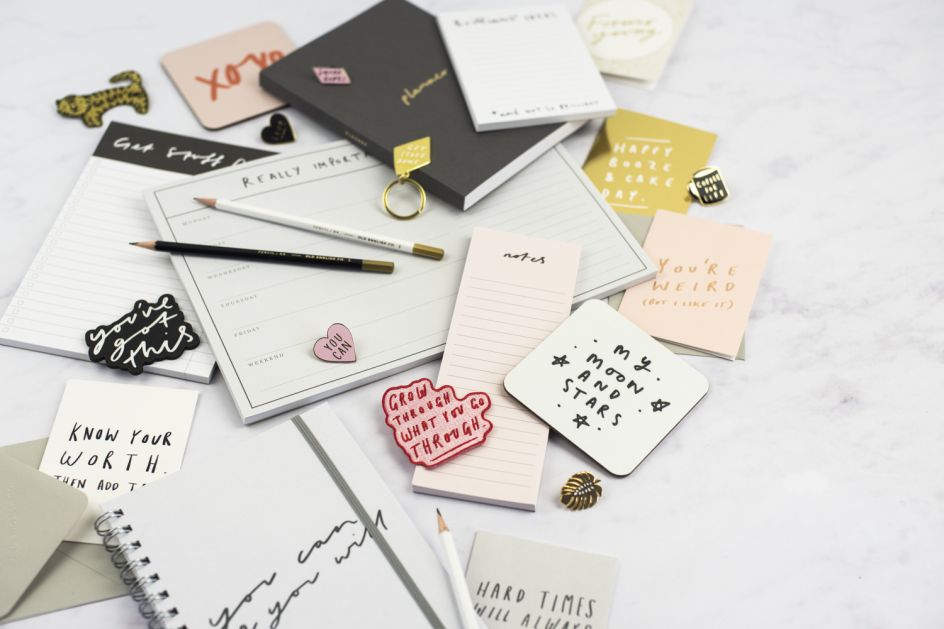
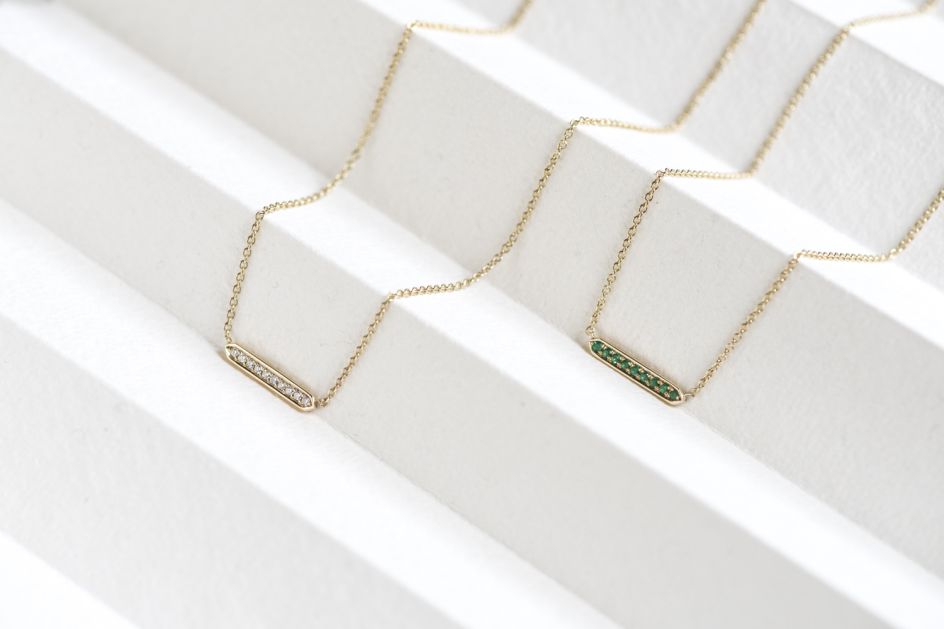
Is there anything that's helped especially?
Social media and face-to-face networking have been beneficial. In the early stages, I attended different networking sessions (and ended up running some myself), which was pretty daunting, but you never know who you're going to meet or who they might refer you to.
My social media plays a big part in my marketing now, but I also rely on word of mouth. I find that people who are referred to me by my current clients are on the same wavelength and generally love what I do, which always makes for a great start to a client relationship!
You mention Instagram. Your feed is inspiring. Is this your biggest draw for new business?
Thanks very much! Because my job is so visual – and because most of my clients sell their work online – Instagram is the ideal place to market my business. I set up a dedicated studio account (@hollyboothstudio) a couple of years ago, so I could showcase both my services, but also shout about the fantastic products I get to see daily.
I do also put a lot of effort into my personal account (@hollyphotobooth). I mean, there are a lot of photos of my dogs, but I also enjoy shooting images specifically for that account, without having to think about a client brief.
You have a distinctive style with all your images. How would you describe it?
It's something that's developed over time really. In terms of my product photography work, I've spent years figuring out what works really well in front of the camera to create a beautiful image, without distracting from the products I'm shooting. I'm not really sure how I'd describe my photography style. I try to make sure my images are always bright, considered and contemporary, but not something that will date quickly!
My personal Instagram account is a reflection of the little corners of my home. My interior style is inspired by my love of monochrome, warmed by more natural tones and I'd probably describe it as Mid-Century Scandinavian.
Can you share any tips to help us improve our own Instagram feeds?
Enjoy it! Put your personality into it and share what you love. If you start trying to follow a formula to get the numbers up, it's going to end up stale. It's an excellent platform for making connections, and if you're sharing your personality and the things you enjoy, you're going to attract followers who enjoy the same.
Don't be intimidated and think you need to shoot with a professional camera – your phone can be just as good, and there are so many apps you can use to experiment and develop your style. Take lots of photos, don't overthink it, and share what you're passionate about.
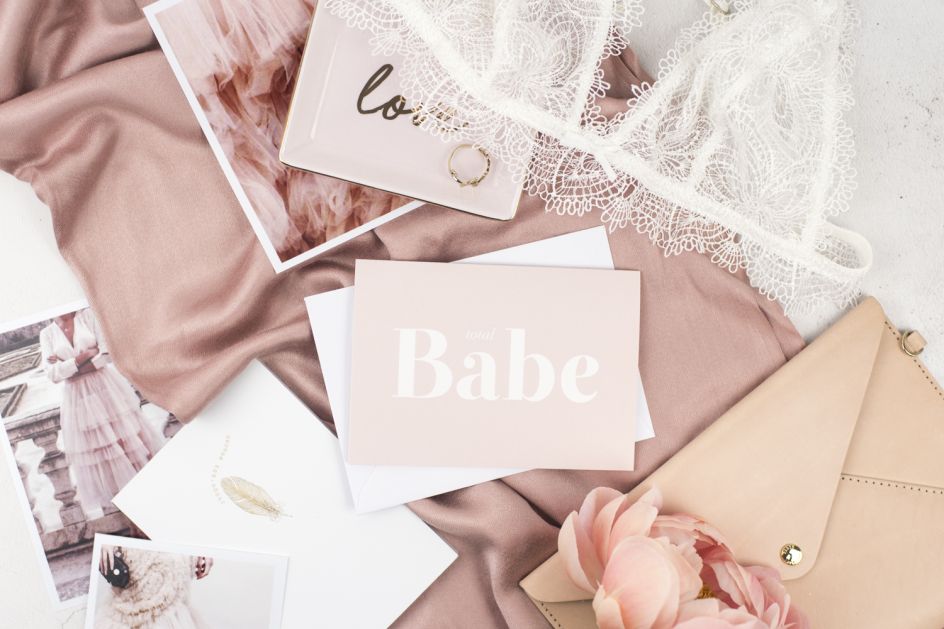
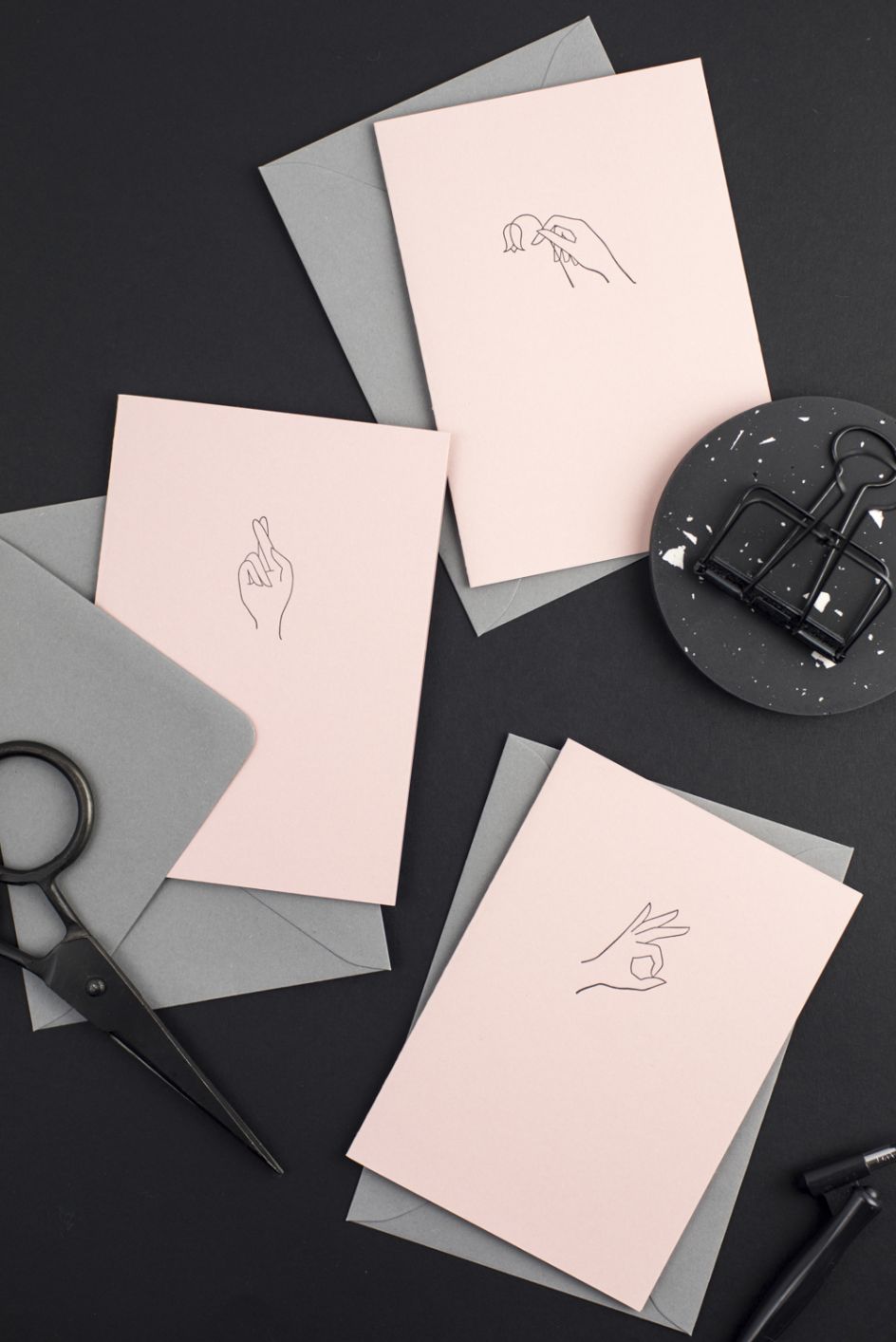
Describe a typical working day
It varies, but usually, it includes a dog walk or two, and plenty of cups of tea. I often start by getting admin tasks out of the way so that I can focus on the fun stuff – styling and shooting! Some days I'll have one big shoot to work on all day, and other days I'll have a couple of smaller shoots that might only take an hour or two. I enjoy the variety.
What's your setup look like?
Super simple. I'm lucky enough to have my studio at home now. I know what works for me and I don't like to over-complicate it. I tend to use the same couple of lenses, I shoot with either natural light or use a lighting kit that has daylight bulbs for consistency, and I have my trusty tripod.
My styling set up, on the other hand, is a bit more complicated. I have an extensive collection of backgrounds in various colours, textures and sizes. And I have all my props in the studio, so everything is within reach while I'm working. I also source specific items for clients if the shoot requires it. I'm always adding to the collection – prop shopping has to be one of the highlights of my job.
You work from home in Derbyshire. How do you stay motivated?
Deadlines! The majority of my work has a deadline, so if I don't get it done on time, it's on me. That really helps keep me on track. Of course, it helps that I'm passionate about what I do – it means I'm excited to get into the studio every day, but obviously, everyone has their slower days.
Sometimes, life gets in the way, and you have to take a break. I've learnt to accept that and to embrace the times when I'm not feeling as creative, by either focusing on another job or simply downing tools and doing something completely different. It helps me to come back with fresh eyes the next day and tackle the job anew.
Why Derbyshire?
I love it here, and I was never really tempted to make a move to London (despite being told at university that it was the best option). My partner was starting a career in Derby when I went freelance, so it made sense to stay here.
I set up my business and began working locally, and as my client base grew, it started expanding across the UK. It didn't matter that I was based here. My clients either travelled to me or used my postal service (which I set up quite early on in my business).
Derby's very central and – even though we now live outside of the city centre – we're lucky to be close to loads of main roads and can get around the country pretty quickly.
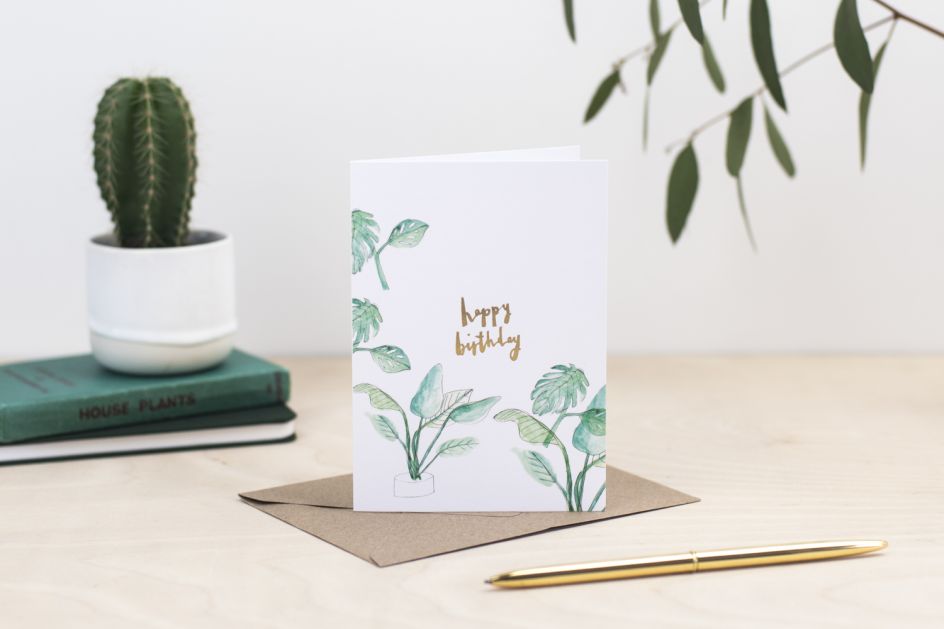
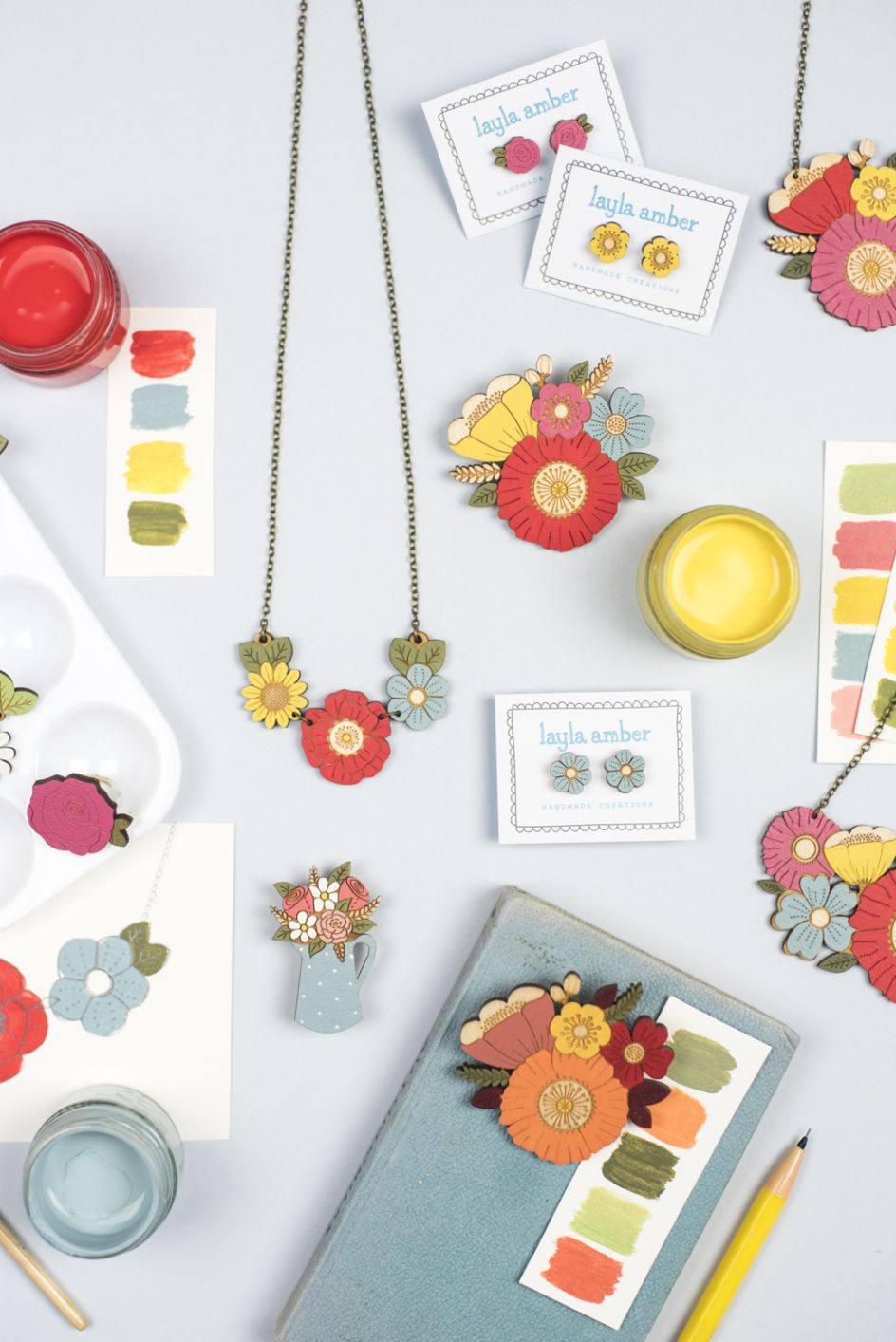
You mainly work with artists and makers, creating their product shots. What attracted you to the creative industries?
I've always been passionate about the creative industries. I knew pretty early on in life that I wanted a career in the arts. Promoting and supporting independent businesses is essential to me, so combining my photography work with my love of design and craft came very naturally. I love discovering new makers and designers, and I think this genuine interest in what people are making helps me connect with my clients and create a lasting relationship.
So you spotted a niche. What else have you been entrepreneurial about?
Back in 2014, I launched my remote service 'You Post It, I Shoot It', which means clients can post their work to me from wherever they're based. I complete the photoshoots as usual and then post everything back to them. It was a bit of a game-changer for me – I gained clients from across the UK, Europe and even the US, which was a bit surreal. It was around this time that my business started to pick up the pace.
I also recently added styling to my services. I was a little nervous to announce it at first, as I don't have any formal training in styling, but I enjoy it and find it comes very naturally to me.
I think my clients appreciate that I can offer both photography and styling. Not only is it more cost-effective, as I'm not having to hire anyone extra, they also seem to love what I do, which is pretty satisfying.
Do you think it takes a special kind of person to survive running a business? What traits do you need?
I don't think running a business is for everyone. I think you have to be incredibly self-disciplined and well-motivated. Unless you outsource specific tasks (which I'd highly recommend), you end up doing every part of your job – like the marketing, admin, tea making, accounts, box packing, etc.
You also have to be creative and sometimes juggling all those things can be pretty intense. However, running your own business is so rewarding and being able to do what I love every single day makes it completely worthwhile.
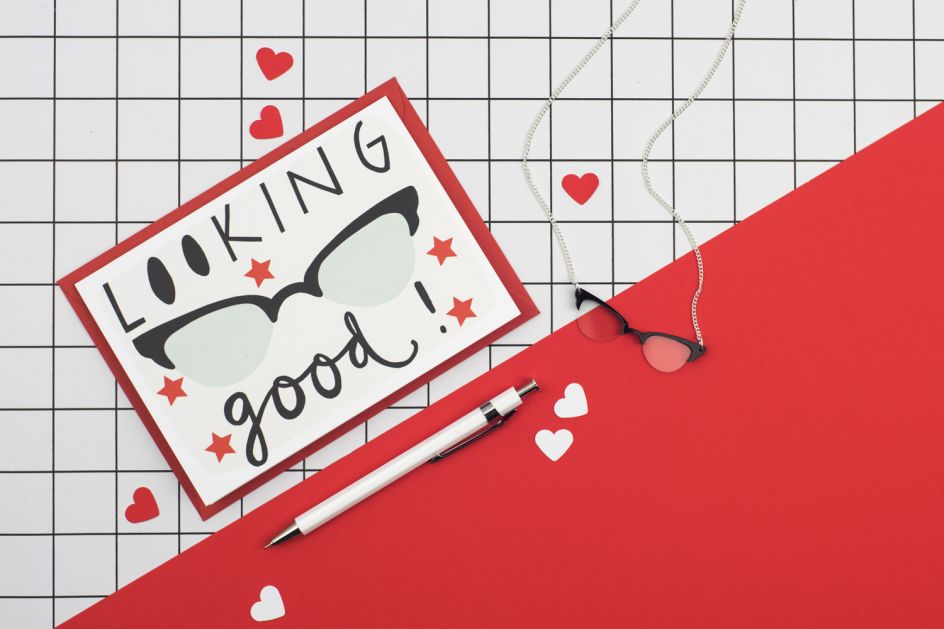
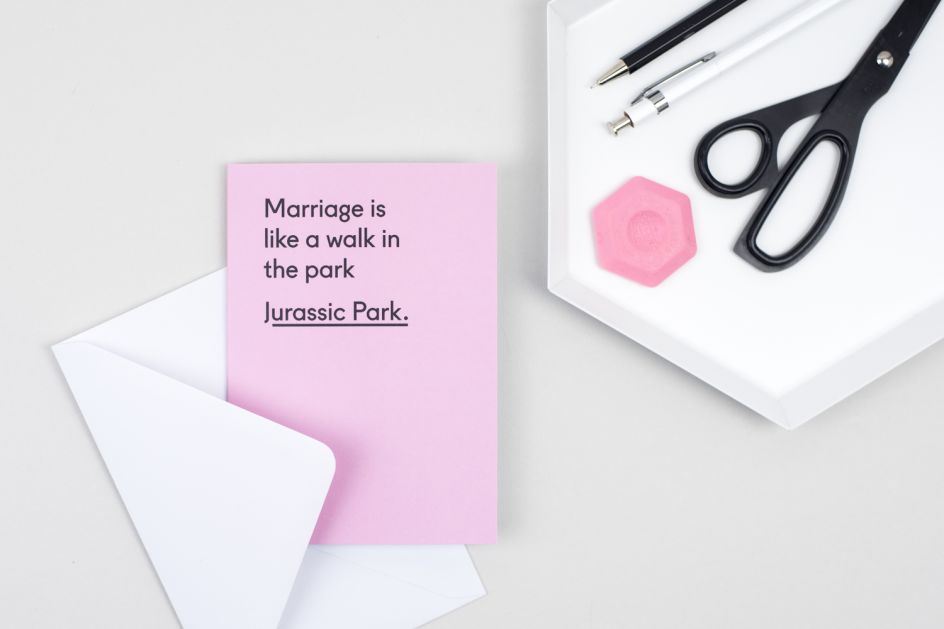
In all your career, you've never worked for someone else. Did you always know you'd avoid the usual job route?
I have done a couple of "normal" jobs – I had a Saturday job with Hallmark cards while I was studying. And for a few months after graduating, I worked three part-time jobs at the same time (which included social media management, general admin, and events co-ordination). Still, I packed everything in and leapt to go freelance pretty quickly.
I didn't think about running my own business until I was at university. I had a brilliant lecturer who opened my eyes to the possibility.
Even when things have been tough and I've considered packing it all in, I can't imagine working for anyone else. I love that I've been able to turn my passion into a career and that I have full control over every aspect of it. It can be tough sometimes, but it's incredibly fulfilling too.
What advice can you give to others thinking of starting their own photography business?
Make sure you love what you do. Having that passion for your work will help your business thrive because you're more likely to shout about what you do, and it'll give you the motivation to make it happen. Be prepared to work hard and don't be disheartened if things don't always go to plan. You're going to get some things wrong – you'll learn from it.
Finally, what would you tell your younger self if you could go back to 2010 when your business started?
Be braver! I can overthink things and worry about the what-ifs, but sometimes you have to take that leap. When I have dived in (specialising, renting a studio, etc.), it's paid off.
I'd also tell myself to trust my gut instinct more. Sometimes, jobs aren't the best fit, and it's lovely to say no to things that don't feel right.




 by Tüpokompanii](https://www.creativeboom.com/upload/articles/58/58684538770fb5b428dc1882f7a732f153500153_732.jpg)

 using <a href="https://www.ohnotype.co/fonts/obviously" target="_blank">Obviously</a> by Oh No Type Co., Art Director, Brand & Creative—Spotify](https://www.creativeboom.com/upload/articles/6e/6ed31eddc26fa563f213fc76d6993dab9231ffe4_732.jpg)









